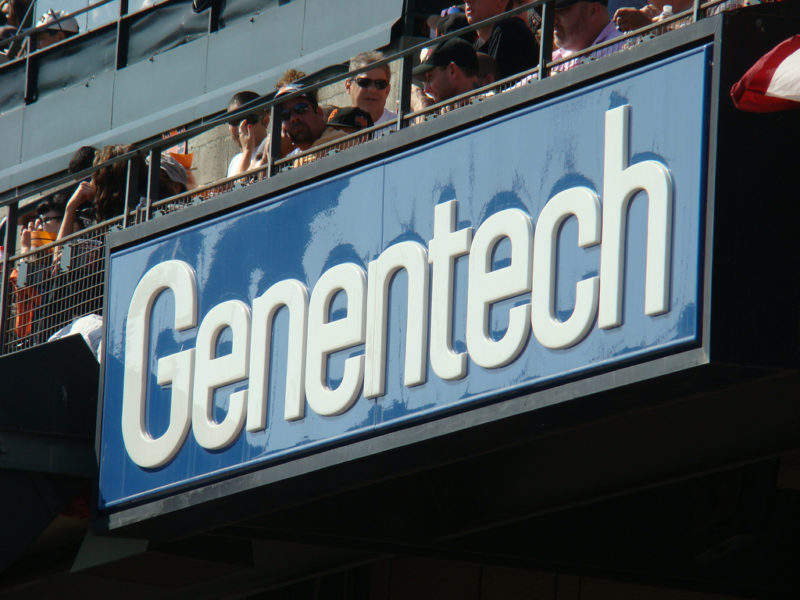Affimed shares have seen a boost of over 300% over the past week due to the company’s lucrative strategic partnership deal with Genentech, a member of the Roche Group, for the development and commercialisation of novel natural killer (NK) cell engager-based immunotherapies to treat multiple cancers.
Announced on 27 August, the partnership deal between US-based biotech Genentech and the German clinical stage biopharma company Affimed means Genentech will be allowed to utilise Affimed’s proprietary Redirected Optimized Cell Killing (ROCK) technology platform with the aim of discovering first-in-class, tetravalent, innate, multi-specific immune cell engagers. The ROCK platform engineers highly customisable NK cell and T cell-engaging antibodies to multiple indications and oncology targets as improvements to current treatments against hematologic and solid tumours.
Under the agreement, Affimed will be entitled to receive upfront payments of $96m in addition to committed funding and an additional $5bn boost for regulatory and commercial milestones, as well as royalty payments based on drug sales. According to Roche’s global head of partnering, Dr James Sabry, who spoke in a company press release on 27 August, “This collaboration is based on Affimed’s innate immune cell drug discovery and development expertise and our team’s deep understanding of cancer immunology. Our partnership with Affimed provides an opportunity to enhance our existing efforts to understand how the immune system can be activated to help people living with cancer.”
While this deal is significant in the market for immuno-oncology therapies, it is not the only such deal to have occurred. In March 2018 Merck entered into a partnership deal with Eisai for up to $5.77bn for the co-development of its Lenvima (lenvatinib) for additional oncology indications. The top immuno-oncology strategic alliance deal, totalling up to $7.1bn, launched in 2014 and expanded in 2015 between Merck and Ablynx for the discovery and development of up to 12 additional cancer drug candidates with single-domain antibody fragments, known as Nanobodies. Merck also entered into a co-development and co-commercialisation deal in July 2017 with AstraZeneca for $8.5bn for AstraZeneca’s poly(ADP-ribose) polymerase (PARP) inhibitor Lynparza (olaparib) for ovarian cancer and selumetinib, a late-stage investigational MAPK/ERK kinase 1/2 (MEK 1/2) inhibitor for multiple cancer indications.

US Tariffs are shifting - will you react or anticipate?
Don’t let policy changes catch you off guard. Stay proactive with real-time data and expert analysis.
By GlobalData



